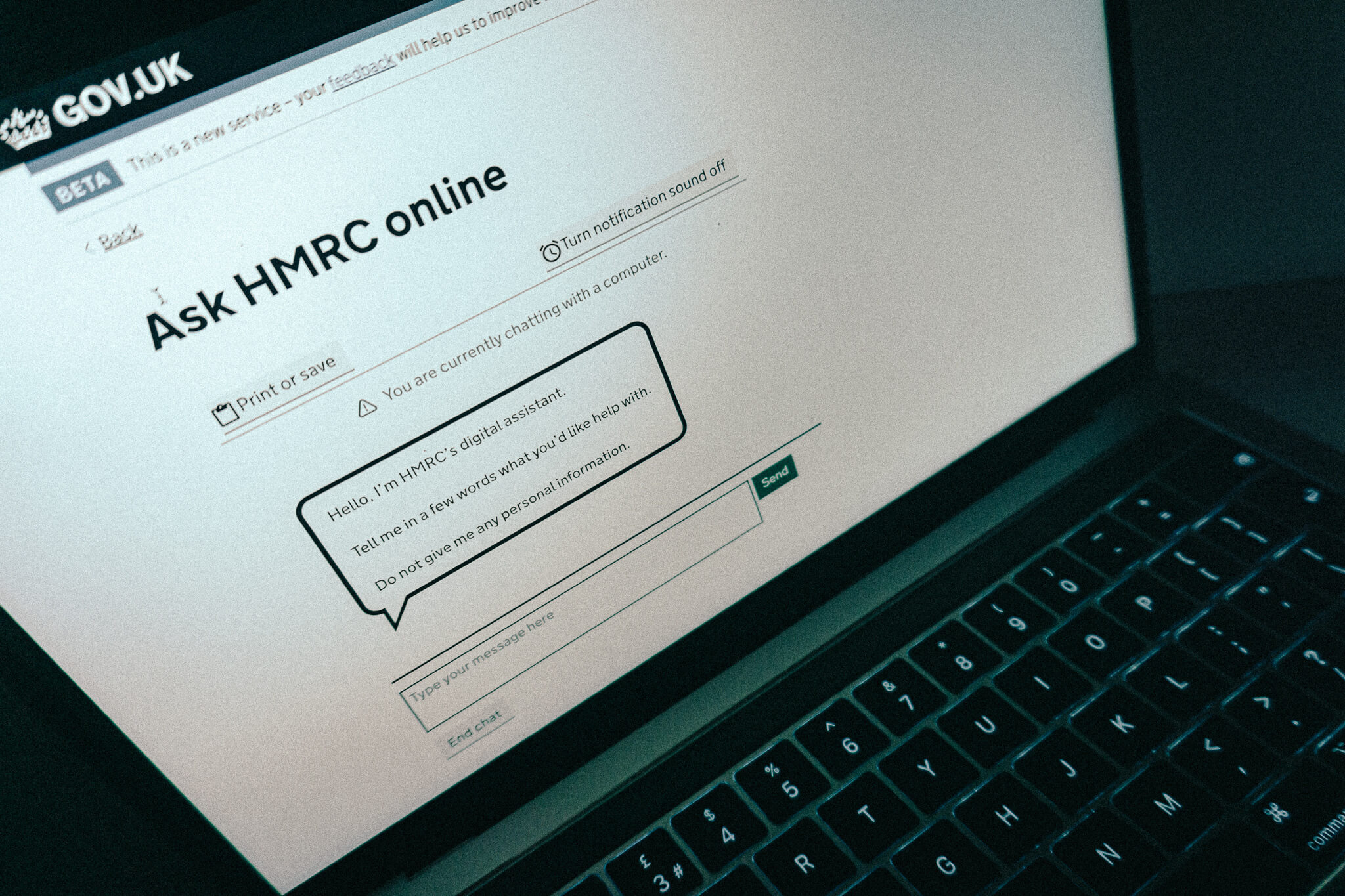Members of Parliament’s Public Administration and Constitutional Affairs Committee are to quiz senior officials after more than two million people failed to receive a message in a recent nationwide test
A parliamentary committee is to grill senior Cabinet Office officials about issues and concerns with the UK’s new nationwide emergency alerts system.
In April the system underwent its first nationwide test, in which an example alert was sent to everyone with across the country with a phone connected to the 4G or 5G network. Government has previously claimed that this represents about 85% of the UK’s estimated 40 million-plus smartphone users.
At the time many citizens – particularly those connected to the Three network – reported that they did not receive the message, which was prefaced by siren-like sound and accompanying vibration for 10 seconds. Shortly after the test, Three announced that it would work with government to investigate why a significant number of its users failed to receive the message and ensure improvements were made going forward.
Related content
- Three ‘working closely with government’ after many users fail to receive emergency alert
- ‘A loud, siren-like sound’ – UK mobiles to receive government emergency alert test
- GDS signs £5m support deal for new Emergency Alerts Service
In total, 7% of intended recipients failed to receive the test message for one reason or another, according to a press release issued by the Public Administration and Constitutional Affairs Committee.
This figure would equate to about 2.5 million individuals.
MPs intend to probe this failure rate by asking government’s central department about “the technical issues faced and how the Cabinet Office plans to resolve them”.
In an evidence session held next week, Roger Hargreaves, director of the Cabinet Office Briefing Room (COBR) Unit and the department’s Civil Contingencies Secretariat will also be asked to fill in what PACAC describes as significant gaps in the information provided thus far on the operation of the alerts system.
“With very little detail published by the Cabinet Office on the process for issuing alerts, MPs will also likely press for more information on the types of incidents that could trigger an alert and how officials decide when to issue one,” said the committee.
The system is designed to send messages to applicable devices within range of designated network masts. Alerts will be issued in circumstances where there is considered to be an imminent threat to life or safety – primarily from extreme weather, such as heat, cold, storms, or wildfires.
In addition to the evidence given by the COBR chief, PACAC will separately quiz Labour peer Lord Harris of Haringey – who chairs the National Preparedness Commission, an independent body set up in 2020 with the remit to promote better preparation and increased resilience for a national crisis or emergency incident.




